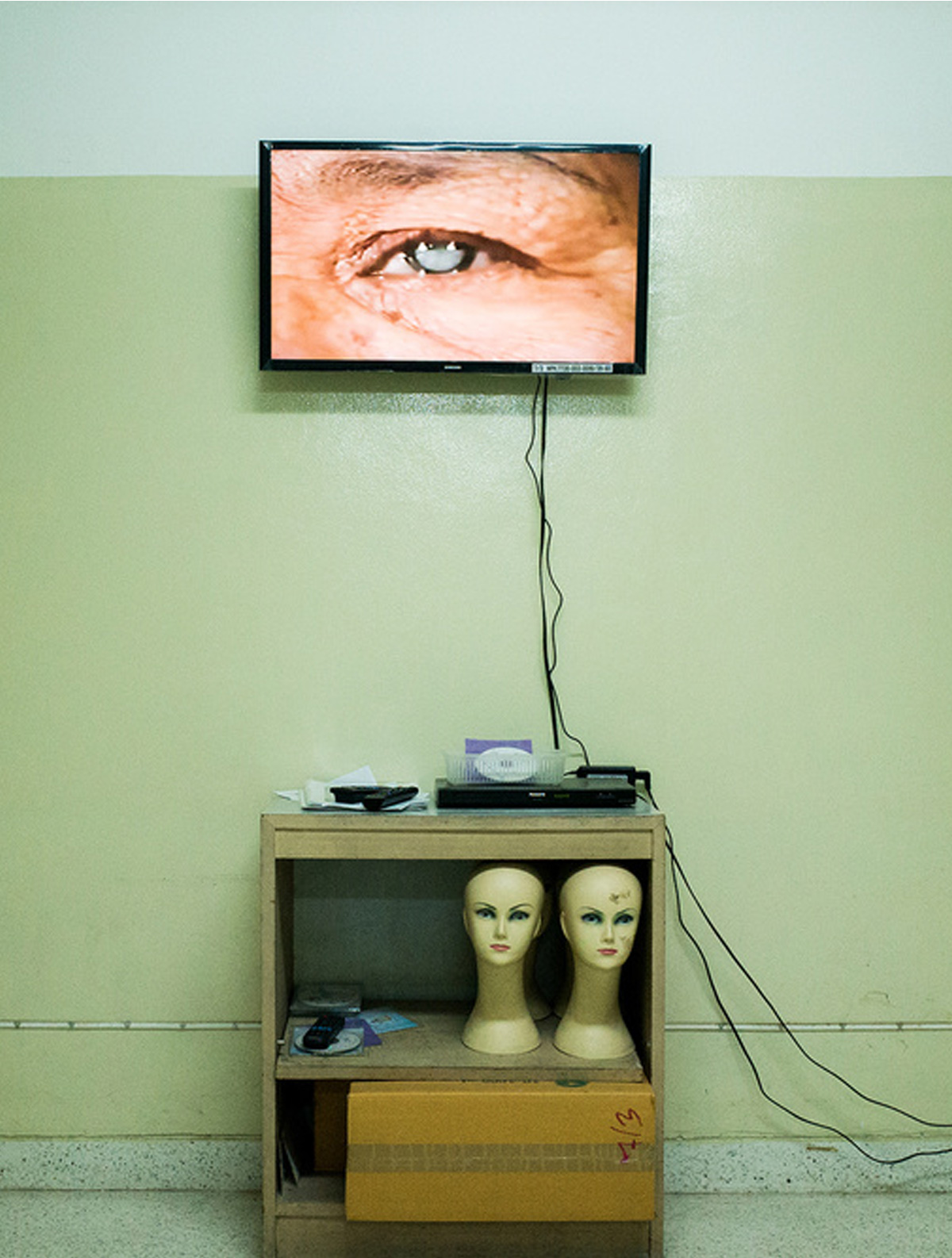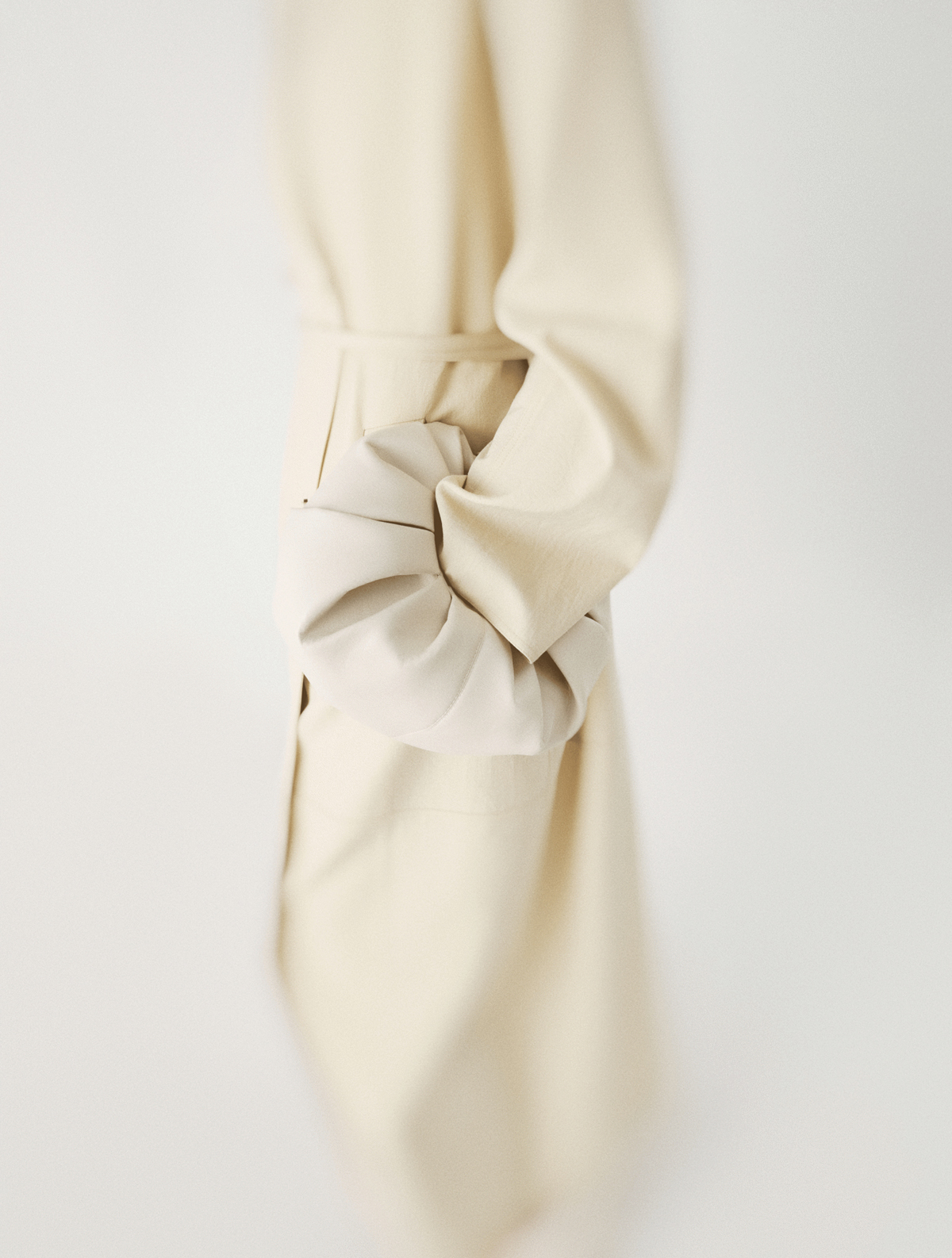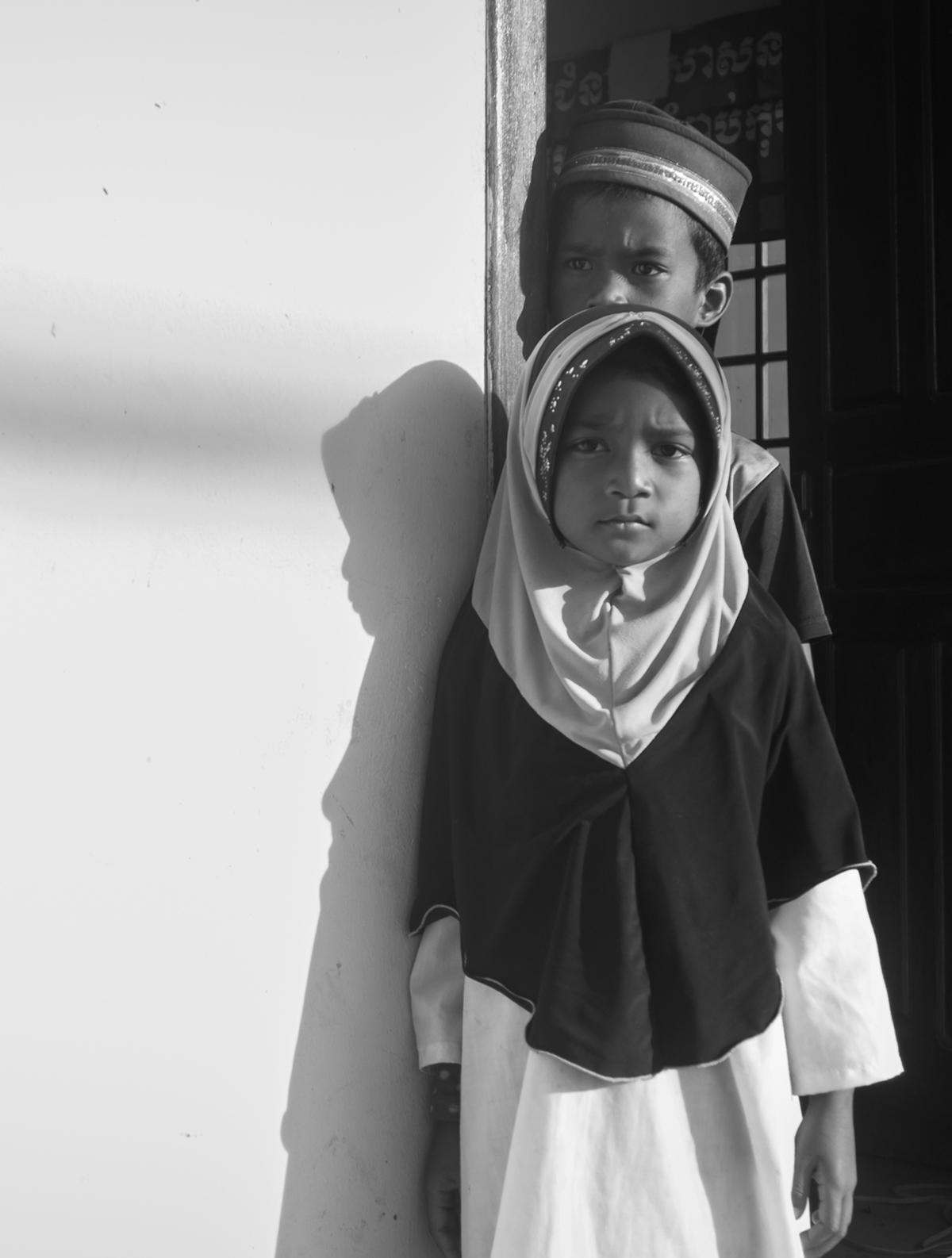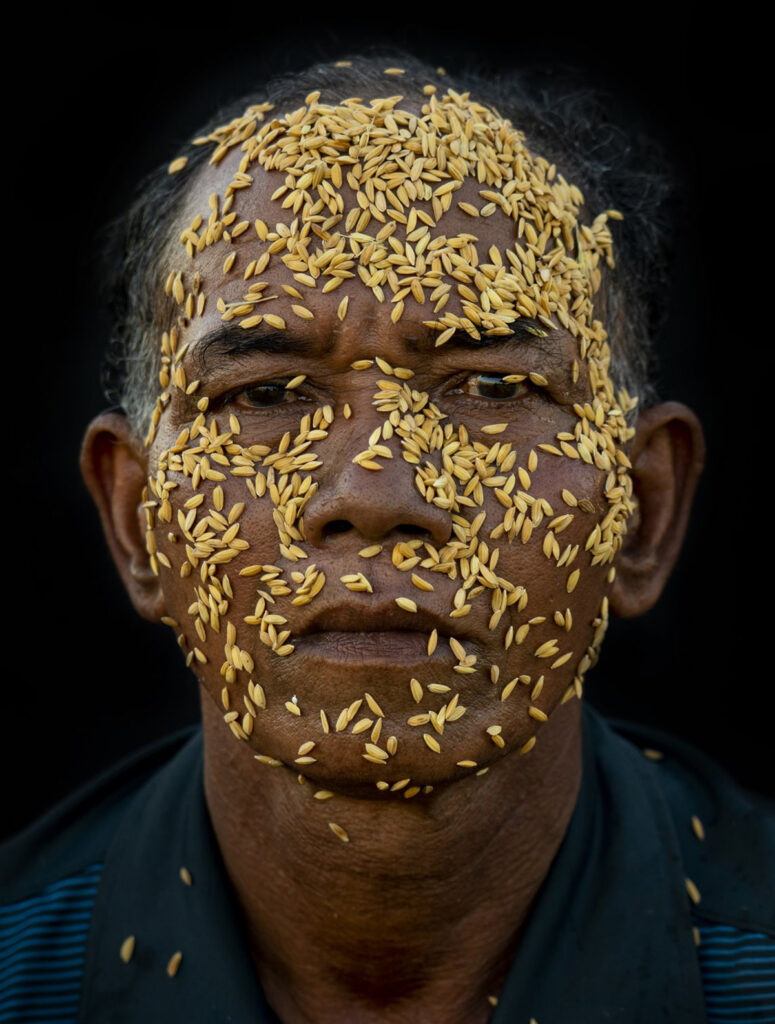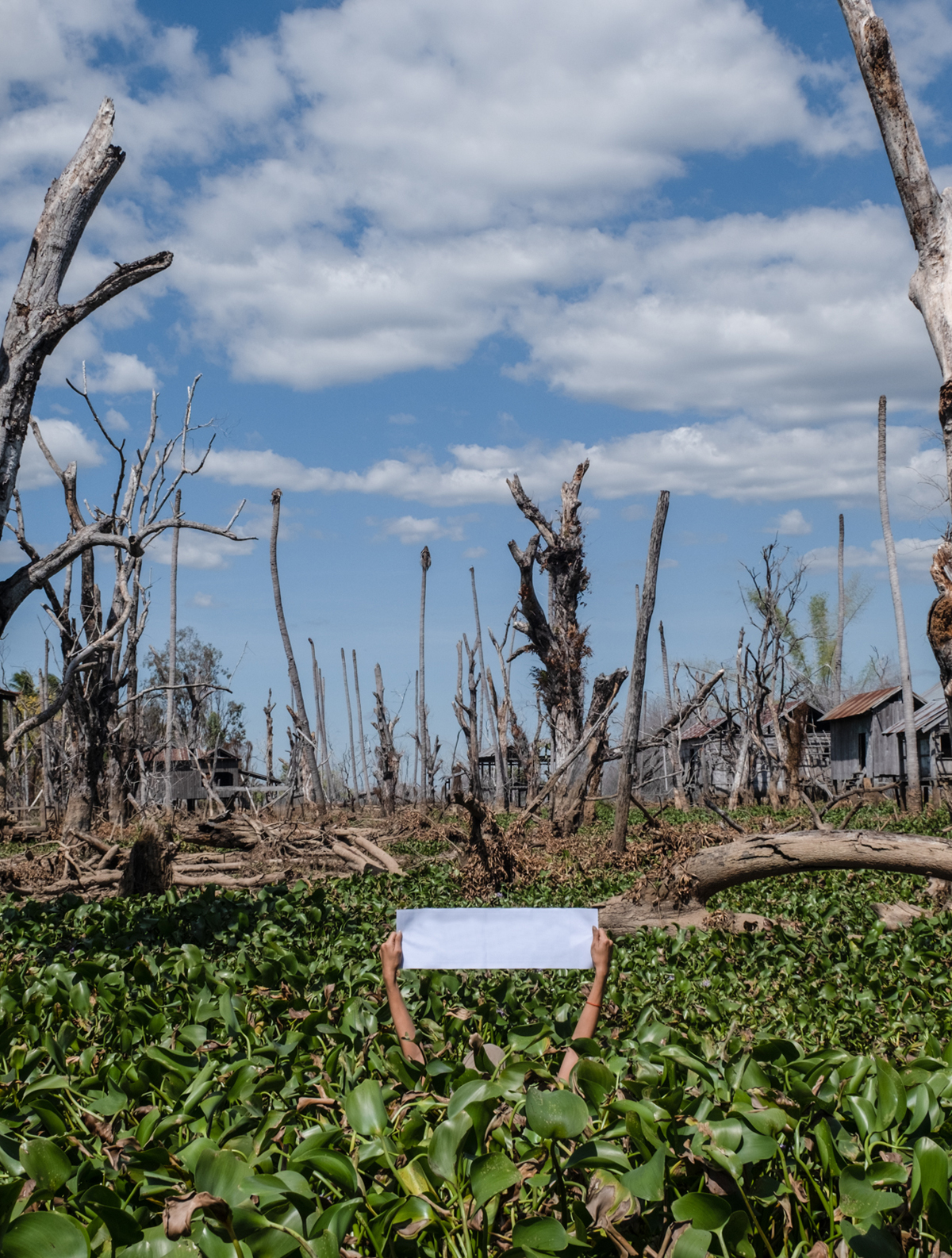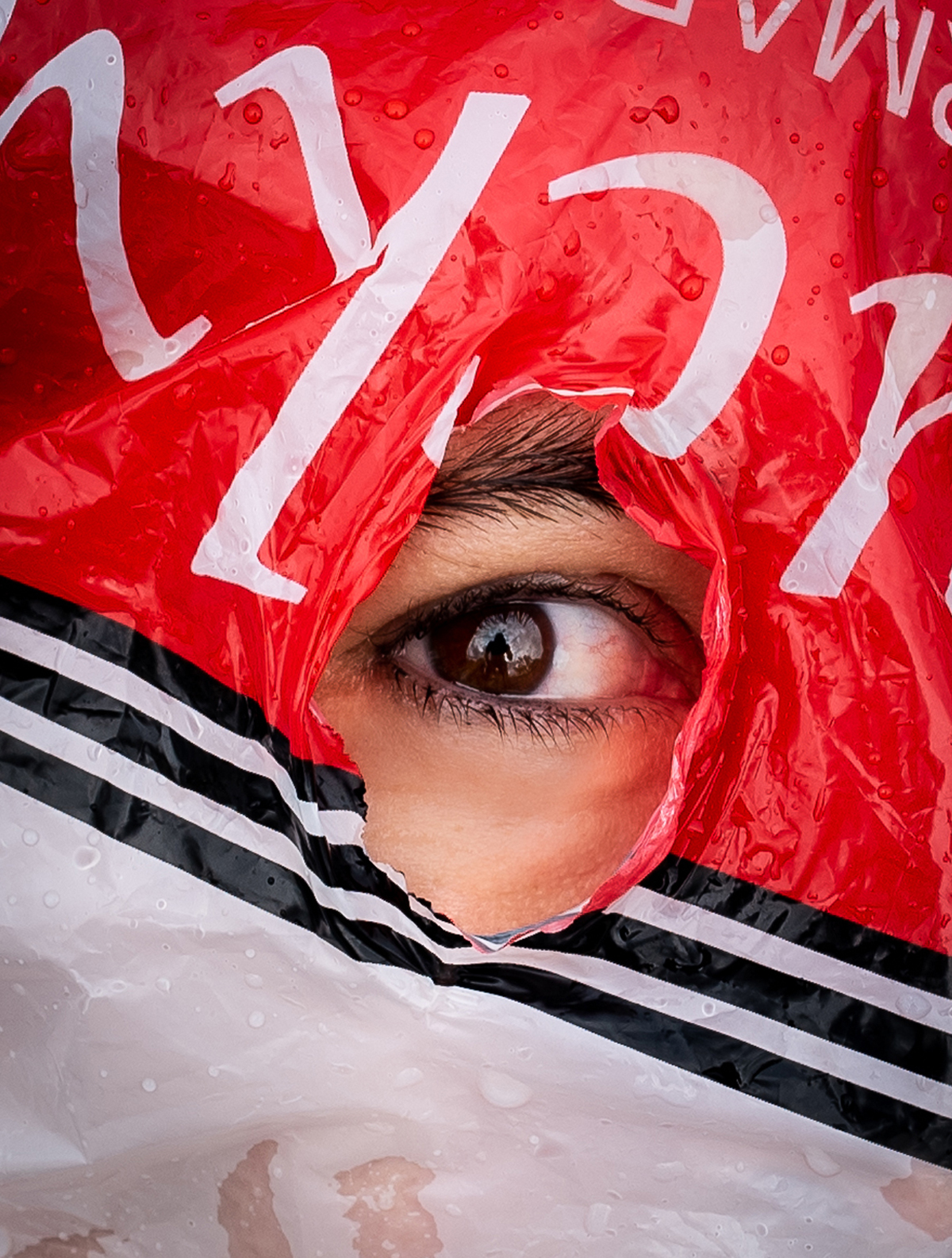Photographs by Yoppy Pieter
Words by Sharonna Valezka
Published on August 11, 2021
Share this :
Yoppy Pieter documents how Covid-19 affects the marginalised community.
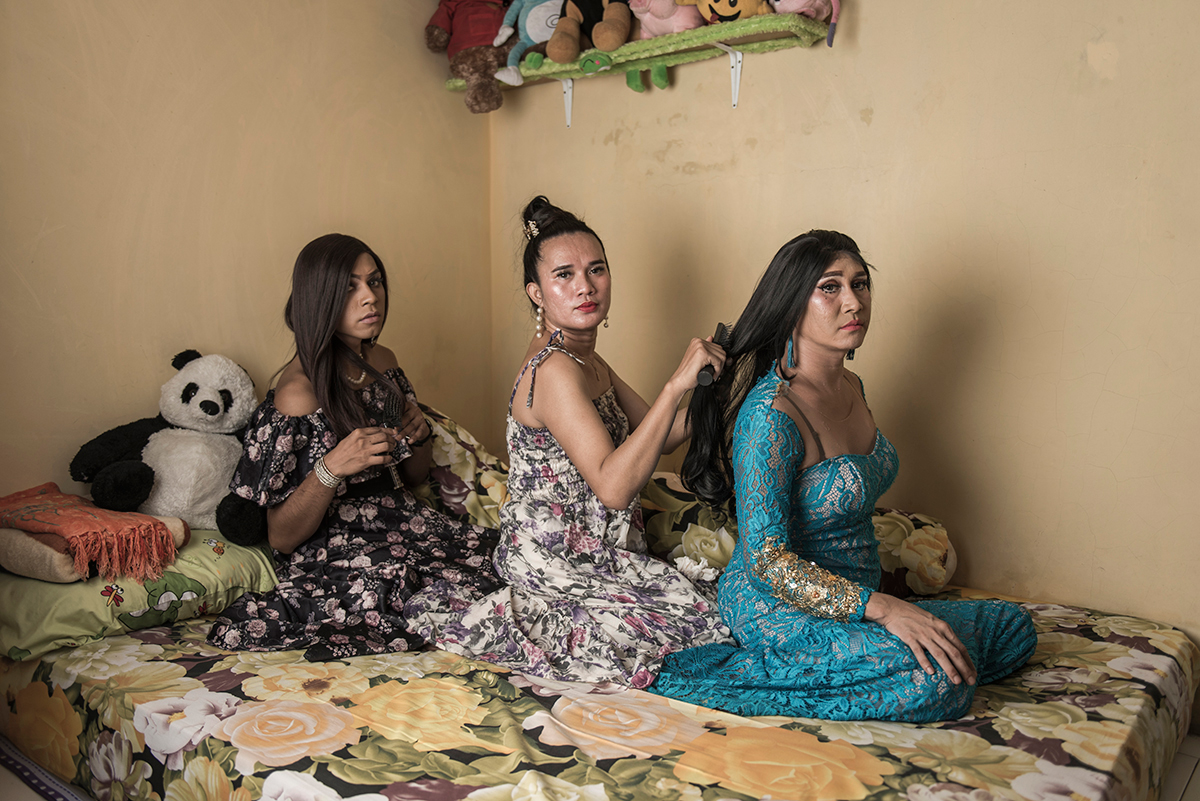
Through his series of images, titled “Between Color and Voice”, the Indonesian photographer Yoppy Pieter documents how the Covid-19 pandemic has affected the trans women community. For this visual storyteller, the pandemic hasn’t just destroyed systems, but revealed the deep structural inequalities beneath.
In July 2021, Indonesia became the new epicentre of the Covid-19 pandemic, surpassing India and Brazil to become the country with the world’s highest counts of new infections. According to The Jakarta Post, on July 14th alone the country recorded a total number of 54,517 new daily cases and a death toll of 69,210. Facing its largest outbreaks yet, the Government began reimposing restrictions such as lockdowns and stay-at-home orders, as well as accelerating ongoing vaccination efforts to prevent future outbreaks.
While everyone else rushed to get vaccinated, the individuals of the Indonesian LGBTQI+ community, particularly trans women, were faced with difficulties in gaining access to Covid-19 vaccines and social assistance.
Working with the National Geographic Society to document the impact of Covid-19 around the world, Pieter travelled to the home of trans women communities in the hardest-hit areas of Jakarta, West Java, and Banten to document the struggles faced by the communities.
“We all agree that Covid-19 has an impact on everyone, but it is different for these communities who have experienced discrimination long before the pandemic started,” he says. Pieter further explained that in Indonesia, most trans women leave their homes in their teenage years, due to domestic conflicts over their identity. They left their family without proper education and official documents such as ID cards and family cards.
“It’s hard to imagine how much of an obstacle it is living without ID cards and proper education. They cannot work in the formal sector and end up being trapped in poverty. With the current ongoing pandemic, having no official documents can lead to them losing healthcare access and government assistance.” he adds.


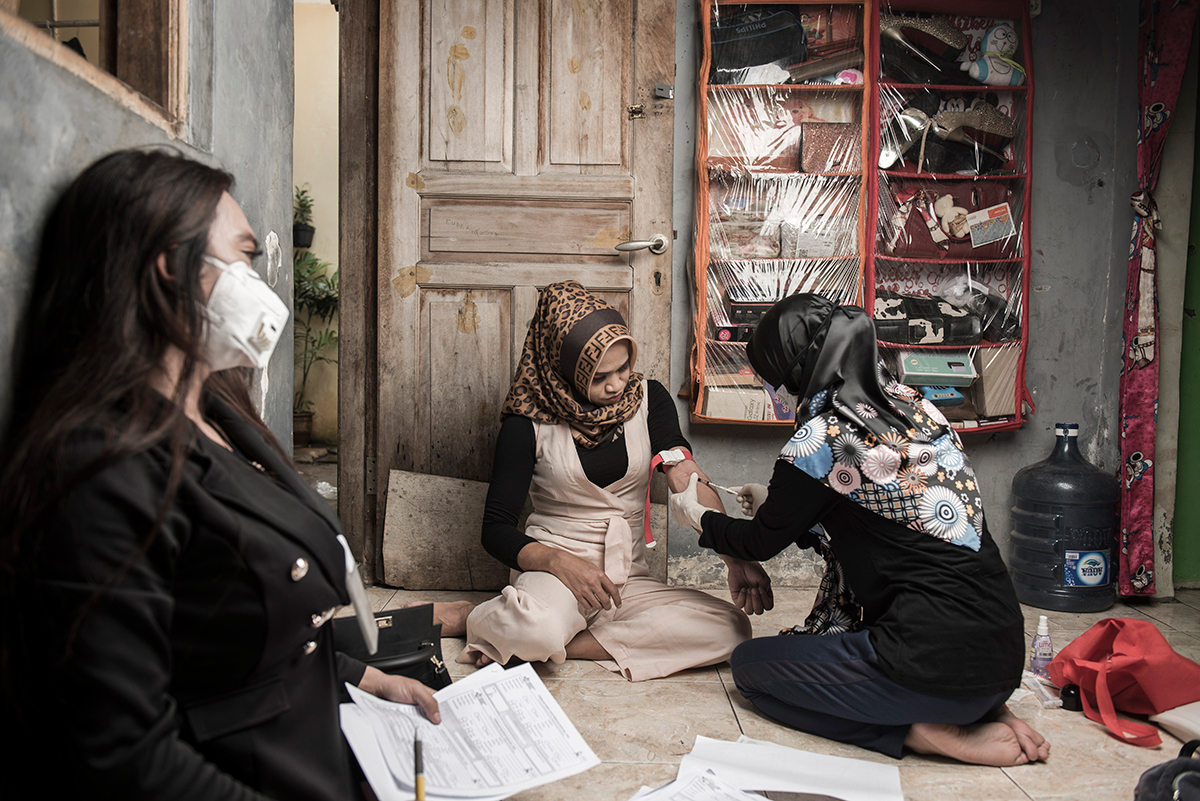
For Pieter, his project is a representation of how society tends to overlook individuals with their own definitions of identity that are considered unconventional by the standard norms. One of his goals for the project is to be able to convey the message of equality as a part of human rights that every individual deserves. The idea of visual language that he used to communicate his message to the viewers is the archetype of the community’s inner fear and strength in a philosophical approach.
In addition, this approach highlights his observations of isolation, survival and the importance of solidarity in the community. Living with a negative stigma and being victims of systematic discrimination has put the community in a state of poverty and depression, and so his images reflected how these individuals view their communities as a safe haven that represents family, home and hope for resilience in the face of adversity.
Pieter says that every time he creates his works, he wants to be part of a change. Fortunately for him and the community, seven months after his project was published, the Indonesian Government started efforts to reach out to the community. It is in the process of facilitating trans women with official documents such as ID cards and family cards which will allow them to receive public services.
“I’m not saying that my project has made the change, but I’m glad to be a part of the change, alongside other initiatives,” he says. His project has certainly brought a new light to Indonesian trans women communities and unveiled a glimpse of hope for them after enduring a life full of hardships.
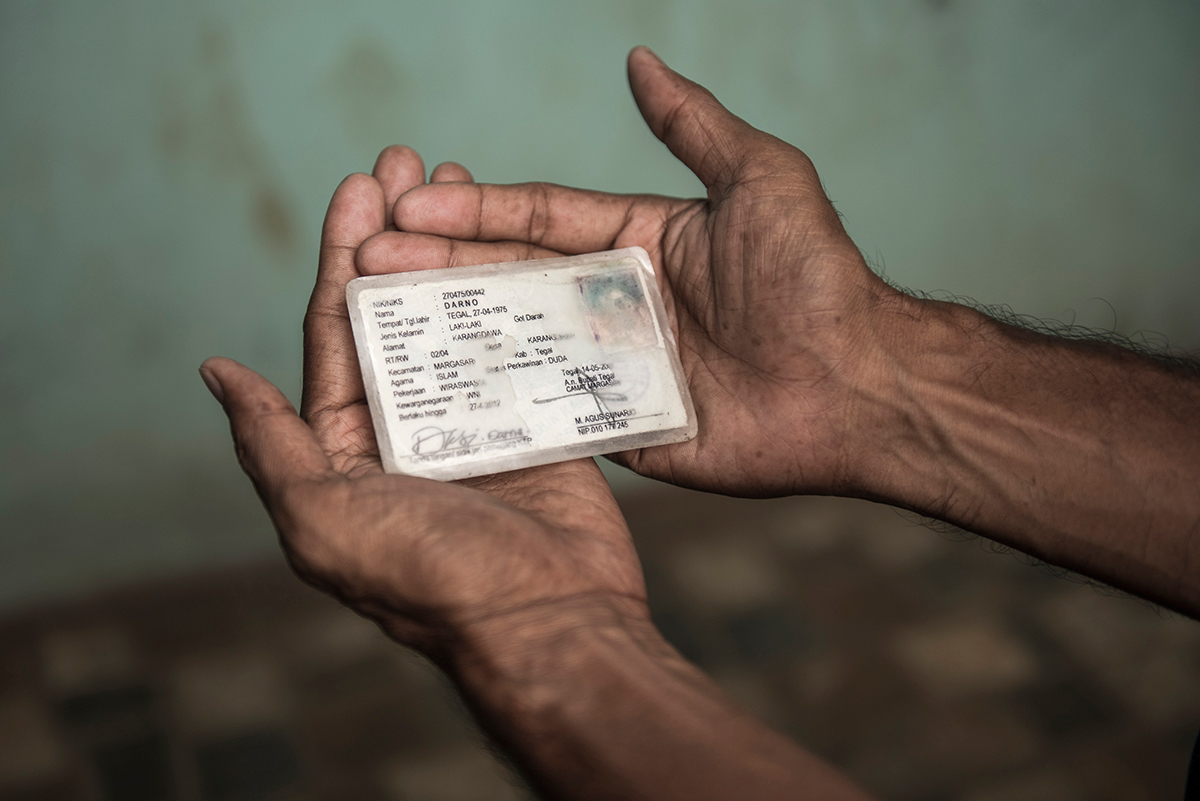

Share this :
Follow us :
ADVERTISEMENT
LATEST ARTICLES
Krerkburin Kernburi’s SurrealLand! Is A Series Of Extraordinary Photos Of Ordinary Days Of Our Lives
In Conversation: Lam Gia Khang Promotes Balance and Stillness Through Minimal Design
“Cham Community Project” – A Redemptive Celebration Of Muslim Community In Siem Reap
SIMILAR ARTICLES



